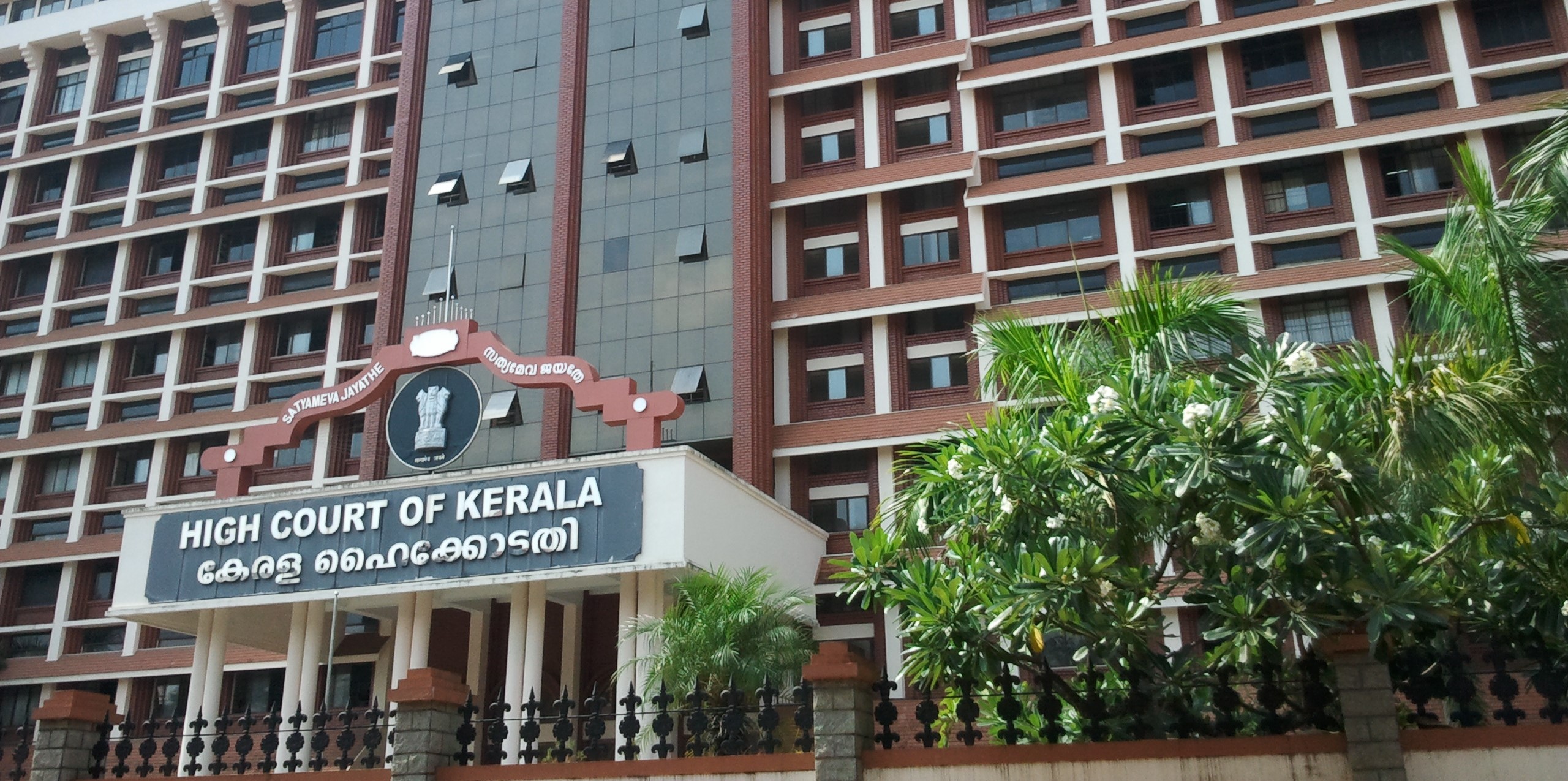
By Siddhi Joshi
The Indian state of Kerala’s high court ruled Friday that local Bharatiya Janata Party (BJP) leader PC George would not be granted anticipatory bail in a hate speech case, citing his repeated violations of bail conditions and the necessity of stricter legal consequences for such offenses.
The ruling came after George made remarks during a television appearance in January labeling all Muslims in India as terrorists and communalists. Earlier, in 2022, George was arrested for making inflammatory statements regarding the Muslim community during a public event but was later granted bail by a magisterial court in the city of Thiruvananthapuram, Kerala.
A complaint filed by the Muslim Youth League Municipal Committee led to the filing of a police report under sections 196(1)(a) and 299 of India’s new criminal code, the Bharatiya Nyaya Sanhita (BNS), 2023, in addition to section 120(o) of the Kerala Police Act, 2011. Section 196(1)(a) of the BNS deals with promoting enmity between different groups based on religion, while Section 299 covers deliberate and malicious acts intended to outrage religious feelings. Section 120(o) of the Kerala Police Act pertains to offenses involving speech or actions that could disturb public order.
The high court flagged inadequacies in existing legal provisions for hate speech, noting that offenders under Sections 196(1)(a) and 299 of the BNS can often escape with a fine. Relying upon the rulings of the Indian Supreme Court in Sumitha Pradeep v. Arun Kumar and Arnesh Kumar v. State of Bihar, the court recommended that the Law Commission and the Indian Parliament should reconsider whether fines alone are sufficient penalties for repeat offenders.
Additionally, the court emphasized the growing trend of public figures making statements based on religion and caste, warning that such tendencies must be curbed to uphold the secular fabric of the country. Justice P.V. Kunhikrishnan, while delivering the verdict, observed that “these tendencies should be nipped in the bud” and that hate speech laws need to be more stringent to deter repeat offenders.
The court also rejected George’s social media apology, stating that a mere expression of regret does not absolve the consequences of his statements as George is a seasoned politician with nearly 30 years of legislative experience. Moreover, the court reiterated that politicians should be role models for society and must be held accountable for speech that could incite communal discord.
Concluding that granting bail in such cases would send the wrong message to society, the court dismissed George’s plea, reinforcing the judiciary’s stance on curbing hate speech and upholding constitutional values.
This story was originally published in jurist.org.

